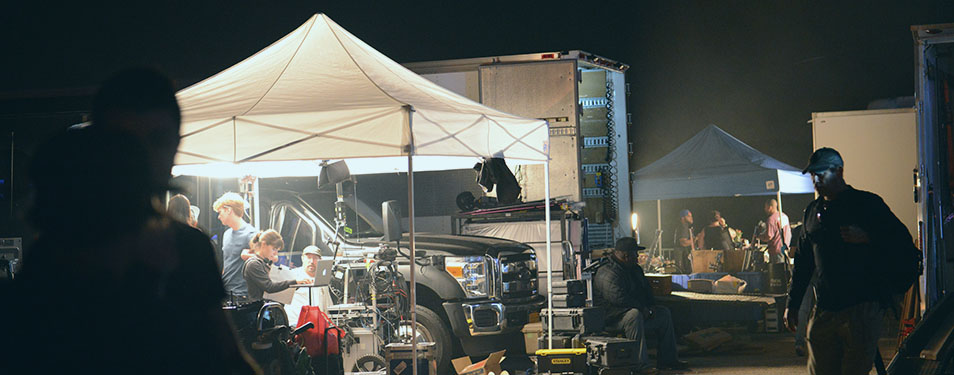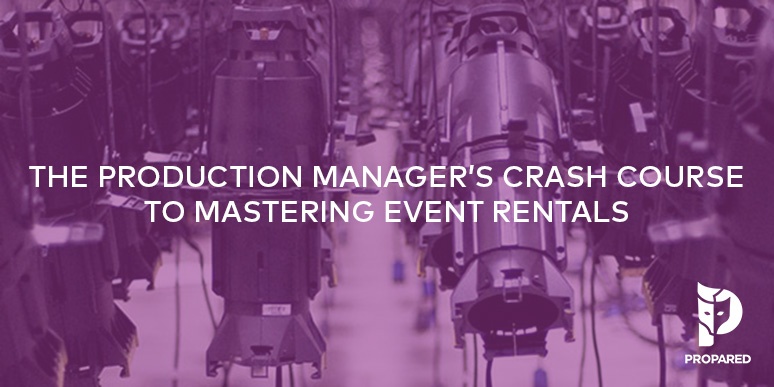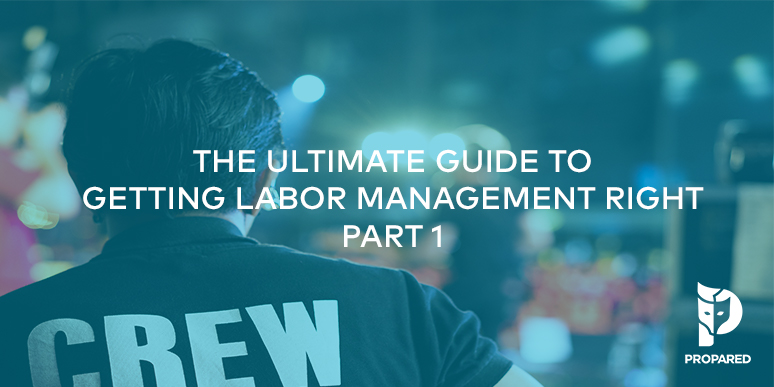
The terrific and talented Andrea Michaels recently authored an interesting blog for Live Design, addressing the unique challenges faced in corporate events. In many ways, she hits the nail on the head; the elevated pace of “one-off” event production, the difficulty of working in non-traditional spaces and layouts, and the miscellaneous event logistics that you rarely find in theatrical or music venues.
There is also a different measure of “value” in regards to the money spent. A paying audience is primarily concerned with the quality of the performance. Did they get their money’s worth? A corporate client is similarly concerned with the attendee experience but compounding this is concern over the company’s image, branding, messaging, and potentially more. It would be like attending a show and feeling responsible for EVERYONE ELSE around you also enjoying the show.
However, acknowledging the differences between types should not limit professionals from crossing back and forth between segments. And these differences should not evolve into barriers that keep us locked into one niche or another. Quite the opposite! We should challenge ourselves to work in as many different subsets of the industry as possible. We should force ourselves to confront new issues head on, as this can only make us better managers in the long run. This is really the next logical step following from Ms. Michaels’ on point article. As event managers, we must look beyond the specific challenges of corporate or touring, outdoor Shakespeare or experiential marketing, Broadway or wedding. We must look across these specialties and see the commonalities, the core skills that can allow us to succeed no matter the situation. Here are just a few:
1. Time Management
Every production has deadlines. How do you maximize your working hours, get the most out of your team, and allow time to address the unexpected? (and maybe a little time just for you)
2. Creative Problem Solving
At some point in every project, a little brainstorming needs to happen. Whether you are simply trying to bring a client’s vision into reality or trying to adjust mid-stream, you’ll need to get outside of the box.
3. Communication
Naturally. You’ve got to do it and do well. And often, change how you communicate depending on who you’re engaging!
4. Leadership
The best thing a manager could ask for is a team who wants to work with him or her. How you deal with pressure, how you delegate, how you treat others – it all informs the picture of you as a professional.
5. Conflict Resolution
This is tied intricately to your ability to communicate and lead. Here are some great tips for resolving conflicts as they arise.
6. Contingency Planning
Every project needs a backup plan. The alternatives may change and may change drastically but you can’t manage anything without the ability to assess the situation and identify the right courses of alternative action.
Over the course of our careers, we have worked hundreds of events. We’ve done corporate shows that were as smooth as silk, and others that stretched our strength of patience. We’ve worked theatrical projects produced by corporate entities and corporate gigs that were rock concerts. Every time we think we’ve seen it all, we’re reminded that this industry always has the potential to show us something new.
So let’s acknowledge the differences in types of event production so that we can better prepare ourselves when working gigs. But let’s also challenge ourselves to not go so far as to put up barriers between these different types. Barriers prevent us from transferring our knowledge to our colleagues and keep us from potentially learning something new. We are one large community. Broadening our skills and becoming more flexible can only improve our long term career health. The more we approach challenges from this perspective, the more it will seem that all challenges are the same. They might come in different forms but we’ve dealt with them before.
Now let’s get to work!




